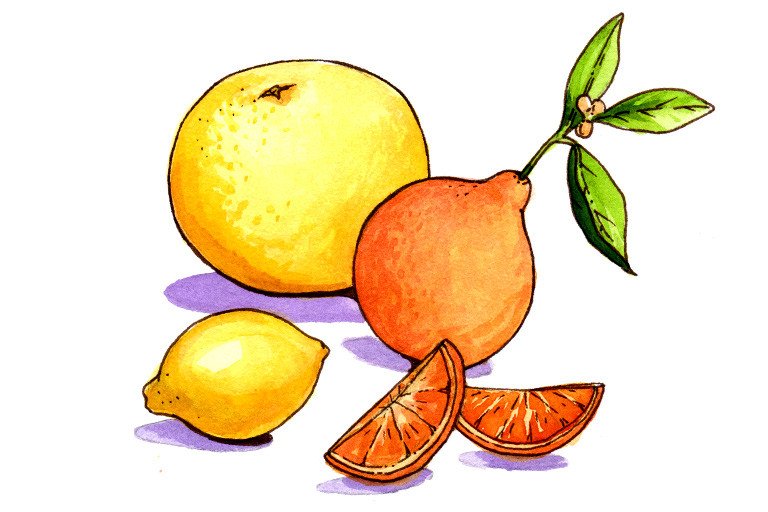
Common Names
- Modified citrus pectin
- MCP
- Pectinic acid
For Patients & Caregivers
Tell your healthcare providers about any dietary supplements you’re taking, such as herbs, vitamins, minerals, and natural or home remedies. This will help them manage your care and keep you safe.
Data on whether pectin can help various conditions are preliminary, and more studies are needed.
Pectin is a soluble fiber present in most plants, but concentrated in the peel and pulp of citrus fruits such as lemons, oranges, and grapefruits, as well as apples. Modified Citrus Pectin (MCP) is obtained by changing pectin so it may be better absorbed by the body.
Lab studies suggest pectin and MCP have various properties, but human studies are limited. Preliminary data suggest pectin and MCP may be helpful for treating diarrhea and lowering cholesterol. Pectin causes side effects such as abdominal cramps and diarrhea, and may interfere with the absorption of some types of supplements.
- Diarrhea
Preliminary data suggest pectin may be helpful in treating diarrhea in children with persistent diarrhea. - High cholesterol
Diets supplemented with fiber can benefit patients with high blood cholesterol. - Cancer
Although pectin has been promoted for reducing colon cancer risk and damage from radiation therapy, there is insufficient evidence to support these uses. In a small nonrandomized study, MCP increased the doubling time of prostate-specific antigen in patients with prostate cancer, but more studies are needed.
- Abdominal cramps
- Diarrhea
Do Not Take if:
- You are taking lovastatin for high cholesterol: Pectin may inhibit the action of lovastatin and may increase LDL cholesterol.
- You are taking carotenoid and alpha-tocopherol supplements: Pectin interferes with their absorption.
For Healthcare Professionals
Pectin is a soluble fiber rich in galactoside residues. It is present in most plants, but is concentrated in the peel and pulp of citrus fruits and apples. Pectin is used as a gelling agent in food. It is also used as a remedy for diarrhea, to lower cholesterol, or to improve satiety. Modified Citrus Pectin (MCP) is an altered form of pectin that has shorter carbohydrate chains and is claimed to be better absorbed by the body.
Preclinical studies suggest inhibitory effects with pectin in colon (1) (2), breast (3), liver (13), and lung (16) cancer cell lines. Preliminary clinical data suggest that pectin is beneficial in treating diarrhea (4) and reducing levels of toxic heavy metals (14). Pectin may also be helpful for hypercholesterolemia (5), but one study showed that source and type of pectin influences its activity (15). Another study also demonstrated that different types pectin are varied in their properties and may affect appetite and energy intake differently (17).
Pectin has been promoted for reducing colon cancer risk and damage from radiation therapy, but there is insufficient scientific evidence to support these uses. In a small nonrandomized study, MCP increased the doubling time of prostate-specific antigen in patients with prostate cancer (6).
Gastrointestinal side effects such as abdominal cramps and diarrhea have been reported with use of pectin (5) (6).
Apples and citrus fruits such as lemons, oranges, and grapefruits.
- Cancer
- Diarrhea
- High cholesterol
Pectin-induced apoptosis in adenocarcinoma cells in vitro via caspase-3 activity resulting in DNA degradation (1). Modified Citrus Pectin (MCP) acts as a ligand for galectin-3, which plays a major role in tumor formation and progression (7) (8). In vivo, binding of MCP to galectin-3 inhibited tumor growth, angiogenesis, and metastasis (9). In a pilot study in men with prostate cancer, MCP increased PSA doubling time, presumably by binding galectin-3 (6).
Mild abdominal cramps and diarrhea, which resolved after stopping MCP (6).